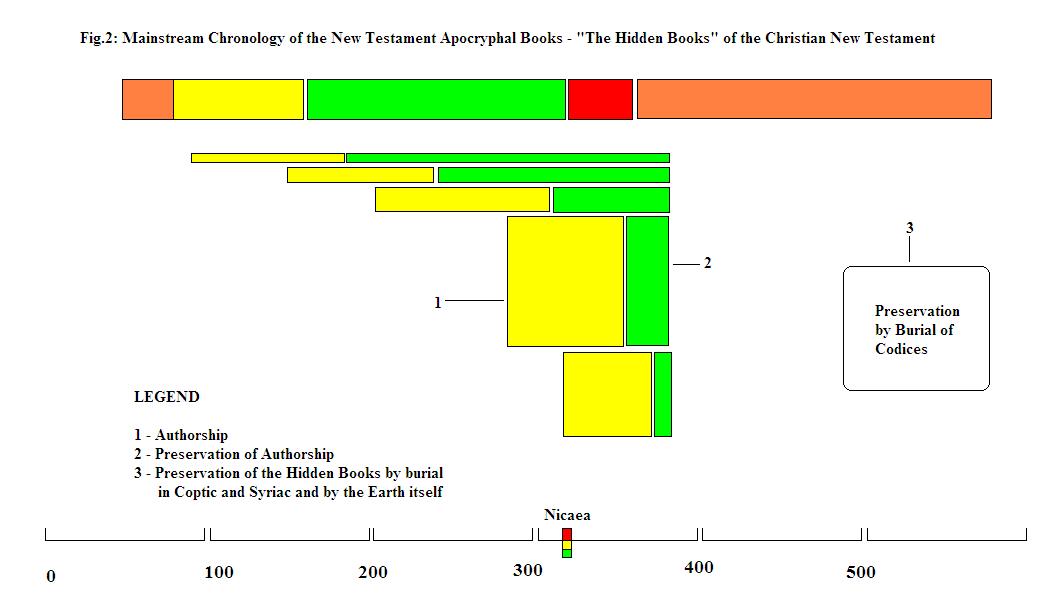
 |
Freethought & Rationalism ArchiveThe archives are read only. |
|
|
#1 |
|
Regular Member
Join Date: Jan 2010
Location: About 120 miles away from aa5874
Posts: 268
|
Philo was a contempory of Jesus of Nazareth but his writings indicate that he knew nothing about Jesus of Nazareth. It has been said that this is the case because Philo was writing in Alexandria around the time when Christianity was an insignificant Jewish sect in Palestine.
But according to the New Testament, Jesus of Nazareth garnered a great deal of fame and praise during his ministry. The bible tells us that Jesus was so famous that he drew great crowds. Some examples of the fame of Jesus follow: Matt 4:23-25 And Jesus went about all Galilee, teaching in their synagogues, and preaching the gospel of the kingdom, and healing all manner of sickness and all manner of disease among the people. And his fame went throughout all Syria: and they brought unto him all sick people that were taken with divers diseases and torments, and those which were possessed with devils, and those which were lunatick, and those that had the palsy; and he healed them. And there followed him great multitudes of people from Galilee, and from Decapolis, and from Jerusalem, and from Judaea, and from beyond Jordan. Matt 9:26,31 And the fame hereof went abroad into all that land. But they, when they were departed, spread abroad his fame in all that country. Matt 14:1 At that time Herod the tetrarch heard of the fame of Jesus, (yet Philo, who had intimate connections with the royal house of Judaea never heard of Jesus). Mark 1:28 And immediately his fame spread abroad throughout all the region round about Galilee. Luke 4:14-15,37 And Jesus returned in the power of the Spirit into Galilee: and there went out a fame of him through all the region round about. And he taught in their synagogues, being glorified of all. And the fame of him went out into every place of the country round about. Luke 5:15 But so much the more went there a fame abroad of him: and great multitudes came together to hear, and to be healed by him of their infirmities John 21:25 Jesus did many other things as well. If every one of them were written down, I suppose that even the whole world would not have room for the books that would be written. And yet Philo knew nothing about Jesus of Nazareth. Interesting. |
|
|
|
|
#2 |
|
Veteran Member
Join Date: Sep 2004
Location: Birmingham UK
Posts: 4,876
|
This has been discussed in other threads. Apart from Pontius Pilate, Philo mentions by name few of the important figures in Palestine in the time of Jesus.
Andrew Criddle |
|
|
|
|
#3 |
|
Contributor
Join Date: Mar 2006
Location: Falls Creek, Oz.
Posts: 11,192
|
Philo was one of many 1st century sources who are silent about the hypothetical Jesus. The other 1st century sources which have been tendered in support of the hypothetical Jesus have all, long ago now, been demonstrated to be pious forgeries of a subsequent century. The docetic Gnostics insisted that the hypothetical Jesus did not "appear in the flesh". This docetic statement, translated to 21st century idiom, is equivalent to the assertion that Jesus "did not appear in history on planet Earth."
|
|
|
|
|
#4 | |
|
Contributor
Join Date: Feb 2006
Location: the fringe of the caribbean
Posts: 18,988
|
Quote:
The Gospels mentioned King Herod, Tiberius, and Pilate. Philo also mentioned King Herod, Tiberius and Pilate. |
|
|
|
|
|
#5 |
|
Veteran Member
Join Date: Jan 2003
Location: Bli Bli
Posts: 3,135
|
|
|
|
|
|
#6 | |
|
Contributor
Join Date: Mar 2006
Location: Falls Creek, Oz.
Posts: 11,192
|
Quote:
Here is a listing for Apocryphal Corpus by (Mainstream) Chronology. And here is a diagramatic presentation ....  I do not agree with the mainstream opinion and think that the gnostics lived and wrote from the year 324/325 CE onwards for perhaps no more than a few decades. The physical production of the Nag Hammadi codices has been C14 dated to 348 CE and that of gJudas 290 CE (both dates plus or minus 60 years). |
|
|
|
|
|
#7 | ||
|
Veteran Member
Join Date: Jan 2008
Location: Latin America
Posts: 4,066
|
Quote:
|
||
|
|
|
|
#8 | ||
|
Veteran Member
Join Date: Sep 2004
Location: Birmingham UK
Posts: 4,876
|
Quote:
John the Baptist The High Priests Annas and Caiaphas Herod Antipas Andrew Criddle |
||
|
|
|
|
#9 |
|
Contributor
Join Date: Mar 2006
Location: Falls Creek, Oz.
Posts: 11,192
|
It is not surprising at all since it is fairly obvious to most people that they selected the writings of Josephus for this specific task. Furthermore, we do not yet know whether the references in Philo (and Pliny) to the "Essenes" were inserted by these same pious christian forgers in an effort to establish a "Missing Link" with the emergent "Nation of Christians". Pausanius contradicts these two sources to the existence of a Jewish group called the "Essenes" and asserts that the "Essenes" were part of the Greek priesthood in Ephesus.
|
|
|
|
|
#10 | |||
|
Veteran Member
Join Date: Jan 2008
Location: Latin America
Posts: 4,066
|
Quote:
Quote:
|
|||
|
|
| Thread Tools | Search this Thread |
|